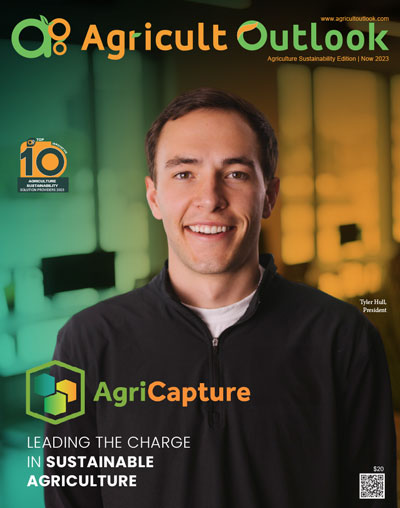The Boston Consulting Group, along with the Good Food Institute (GFI), and Synthesis Capital, has officially published the results of a study titled “What the Alternative Protein Industry Can Learn from EV Companies”. According to certain reports, the stated study claimed that growing the share of alternative proteins to half of the global protein market, including dairy, would reduce agriculture and land use greenhouse gas emissions by almost a third, achieving the same no later than the year 2050. Furthermore, the study dug into how the move will mitigate 5 gigatons of CO2 equivalents annually, the equivalent of taking 50% of gas-fueled cars off the road. To understand the significance of such a development, though, we must acknowledge that animal agriculture industry, at the moment, produces somewhere around 15% to 20% of greenhouse gas emissions, compared to 10% produced by passenger road transportation. However, despite being a bigger catalyst for worsening environment, the alternative protein industry has received only $635 million in government support during the year 2022, as compared to the roughly $40 billion provided in direct purchase subsidies for electric vehicles. Not just that, the government’s focus on EV has also spurned a slew of private investments for the sector. You see, alternative protein companies raised one-eighth of the private capital secured by the electric vehicle industry from 2017 to 2023.
Keeping all that in mind, the new study has now dished out an assortment of lessons for the alternative protein industry, beginning from the fact that it should innovate to achieve parity with real animal proteins. This involves creating products that match animal proteins in taste, texture, price, and convenience, making alternative a viable choice rather than a compromise. By doing so, the sector would mirror successful electric vehicle makers who made their vehicles competitive with gas-powered cars on price, range, and model selection. The next recommendation for alternative protein industry would come in the form of building a supportive public sector. Here, the study makes a reference to the way government measures for the industry can include setting ambitious targets for carbon reduction throughout the food system, enacting regulations to aid companies in bringing innovative proteins to market, and funding open-access research to help alternative protein makers collectively achieve scale.
“Electric vehicles are a powerful climate solution that doesn’t require consumers to make significant behavioral changes. They simply offer a more sustainable swap-in for gas-powered cars. Alternative proteins offer a strikingly similar promise: enjoy your burger, but produced with far lower greenhouse gas emissions than conventional meat. Securing public funding—which has been instrumental for EV innovation—is critical for alternative proteins to scale and compete with conventional meat on taste and price,’ said Emma Ignaszewski, Senior Associate Director, Industry Intelligence & Initiatives at the Good Food Institute.
Fair enough, the final piece of advice from the study is concerned with boosting public and private investment. Here, as alternative protein companies seek to secure funding, they can apply lessons learned from earlier experiences of the electric vehicle industry. The stated lessons include investing to build resilient supply chains, securing both public and private funding to conduct high-risk, early-stage research, and more.
“Government support for alternative proteins is gaining momentum, with policymakers across the globe recognizing the potential of the sector to generate significant benefits, including achieving climate commitments, ensuring food security, mitigating environmental damage, and boosting economies. However, much more support is needed for the sector to deliver on its potential. This new report offers insights into how stakeholders can advance the industry, in order to create a future where these products are no longer ‘alternative,” said Rosie Wardle, co-founder and Partner at Synthesis Capital.




